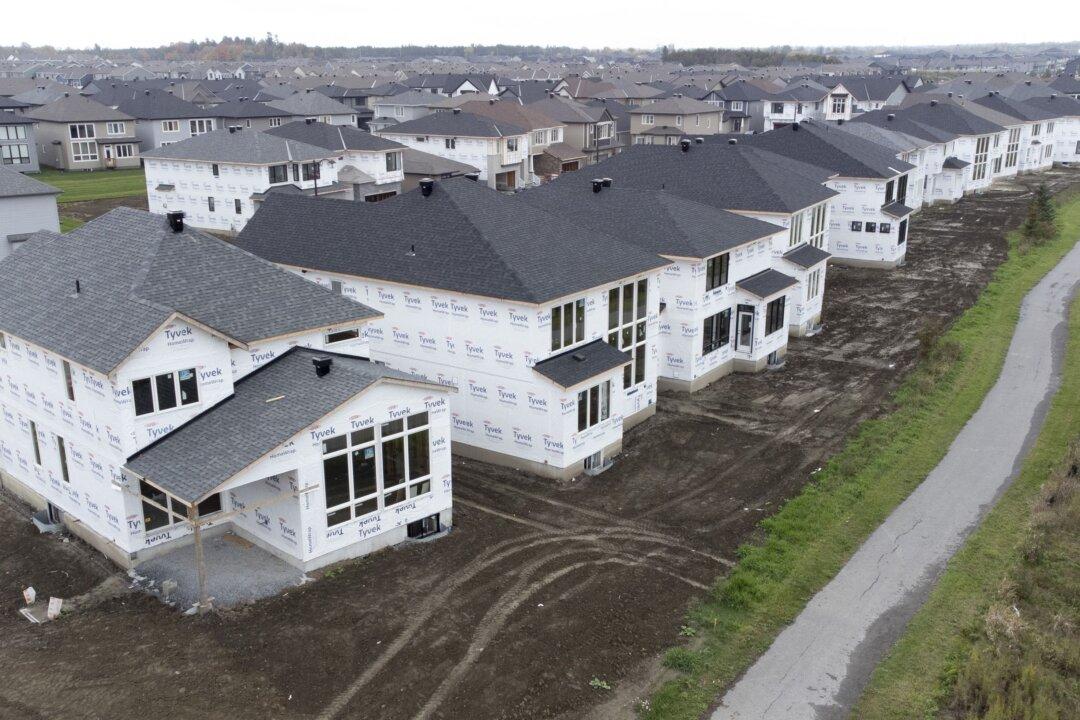The growing demand for luxury homes is being fueled by hybrid work and increasing wealth generated by cryptocurrency, according to Sotheby’s International Realty Luxury Outlook 2022 report published on Monday.
The report, which looks at trends that are likely to shape the global high-end real estate market in the year ahead, was compiled by surveying Sotheby’s International Realty agents around the world who conduct and carry out business within the $10 million-plus price category.





